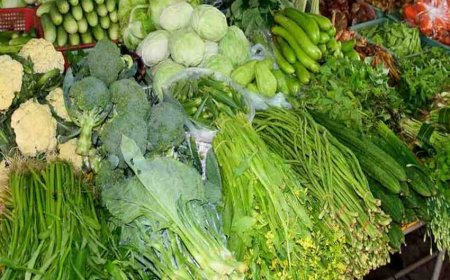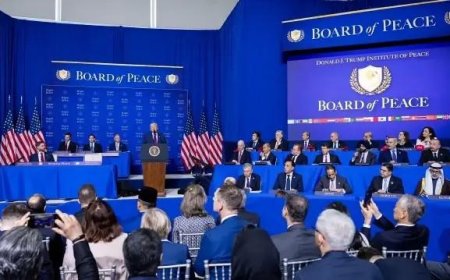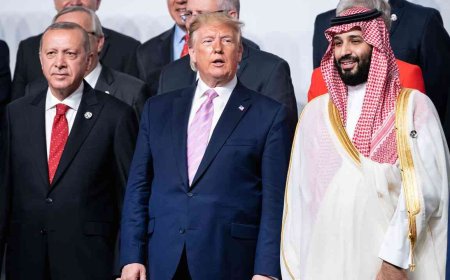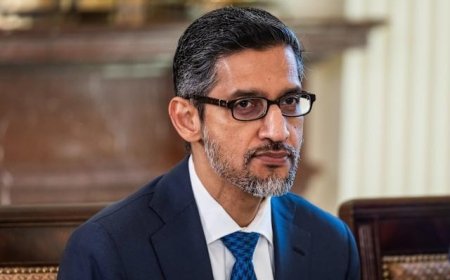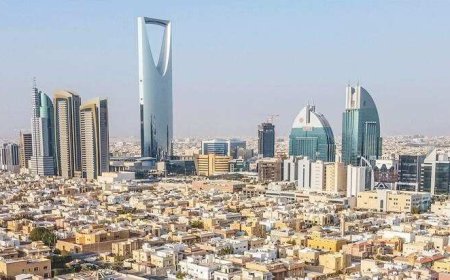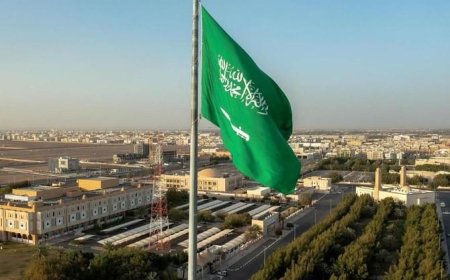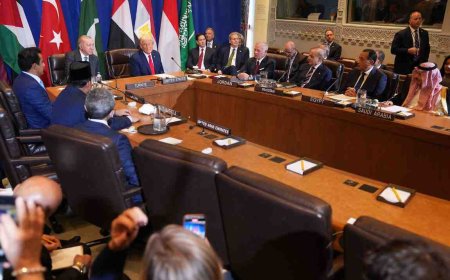Saudi Arabia Eases Alcohol Rules Ahead of World Cup 2034
Saudi Arabia Eases Alcohol Rules Ahead of World Cup 2034

Saudi Arabia has announced its intention to permit limited alcohol sales in specific tourist zones beginning in 2026.
This move is being seen as a significant step in the kingdom’s ongoing efforts to modernize its economy, diversify its tourism offerings, and prepare the nation to host two of the largest international events in the coming decade—Expo 2030 and the FIFA World Cup in 2034. The decision, which would have been unthinkable just a few years ago in a country known for its strict prohibition of alcohol, marks a notable turn in Saudi Arabia’s evolving social and economic strategy under its Vision 2030 reform program.
The announcement is carefully calibrated. Alcohol will not be available across the country or to the general public but will be sold in a highly controlled manner within designated tourist zones. These zones are expected to be part of major development projects such as NEOM, the Red Sea Project, and select areas in Riyadh and Jeddah that cater specifically to international visitors. The sales will be permitted only to non-Muslim foreigners, and consumption will be limited to specific venues such as luxury hotels, high-end resorts, and potentially private clubs that operate under strict licensing and oversight.
Saudi officials have underscored that this decision is not about abandoning cultural or religious principles but rather about addressing the practical needs of a growing tourism sector. With Expo 2030 and the World Cup 2034 expected to draw millions of visitors from around the world, including Western audiences for whom alcohol availability is a standard amenity, the move is seen as a pragmatic response to global expectations. The kingdom hopes that providing limited alcohol access in controlled environments will make the destination more appealing and comfortable for international tourists without compromising its core values.
The plan is part of a broader series of reforms that have accelerated since the launch of Vision 2030 by Crown Prince Mohammed bin Salman. Among these have been the introduction of a tourist visa, significant investments in hospitality and infrastructure, the easing of some social restrictions, and the opening of Saudi Arabia to international concerts, sporting events, and cultural festivals. The alcohol policy is now the latest—and one of the most controversial—changes in this broader wave of transformation.
Reactions within the kingdom have been mixed. Many younger Saudis and more liberal segments of society have welcomed the decision as a natural progression in line with the country’s modernization goals. For them, the move reflects confidence in Saudi identity and a desire to integrate responsibly into the global community. However, more conservative voices have expressed concern that the policy could erode traditional values and lead to a gradual normalization of practices that have long been taboo under Islamic law. Authorities have moved quickly to reassure the public that the new policy will be implemented with caution and will remain tightly bound by regulatory frameworks.
From an economic perspective, the potential benefits are substantial. Saudi Arabia has been investing billions into its tourism and entertainment industries, aiming to increase the sector’s contribution to GDP and create new jobs. By easing certain restrictions and offering amenities familiar to international travelers, the kingdom hopes to position itself as a competitive and desirable global destination. Alcohol, though symbolic, plays a functional role in that strategy, serving both as a marker of openness and as a draw for tourism-related revenue.
Implementation details are still emerging, but initial reports suggest that the government will establish a licensing authority to regulate alcohol distribution, monitor consumption zones, and ensure strict compliance with the law. There will likely be training programs for hospitality staff, security measures to prevent abuse, and penalties for violations to maintain control and public order. In parallel, the government may launch public awareness campaigns to explain the policy’s scope and its limits, emphasizing that the change is targeted, temporary in some cases, and subject to reevaluation based on social feedback and enforcement success.
Internationally, the policy has been met with cautious optimism. For global event organizers, international investors, and foreign governments, the announcement sends a signal that Saudi Arabia is serious about meeting international expectations while preparing to host world-class events. In particular, FIFA’s requirements for the 2034 World Cup, as well as the needs of the vast and diverse expected audience, have likely played a major role in shaping this policy. For the organizers of Expo 2030, it also ensures that business delegations, exhibitors, and attendees from around the globe will find a more familiar and accommodating environment.
This move also places Saudi Arabia in a more competitive position relative to its Gulf neighbors, particularly the UAE, Bahrain, and Qatar, which already allow alcohol sales under regulated frameworks. These countries have long attracted tourists and expatriates partly because of their more liberal social environments. With this new policy, Saudi Arabia is sending a message that it too can offer world-class tourism experiences while charting its own culturally appropriate path.
That said, the road ahead is not without challenges. Balancing modernization with tradition, managing public perception, and enforcing the rules fairly and consistently will be essential to the policy’s success. If implemented effectively, it could open the door to other measured reforms and cement Saudi Arabia’s place as a forward-thinking, globally integrated nation. On the other hand, missteps or public backlash could slow the momentum of Vision 2030 and complicate the kingdom’s reform agenda.
As the countdown to Expo 2030 and the World Cup 2034 continues, the world will be watching how Saudi Arabia navigates this delicate transition. The introduction of limited alcohol sales is not just about one substance—it is emblematic of a deeper transformation taking place across the kingdom. It speaks to a leadership willing to experiment with change, a society in flux, and a country at a pivotal moment in its history. Whether this policy marks a singular exception or the beginning of broader shifts remains to be seen, but for now, it stands as one of the most telling signs of a new Saudi Arabia emerging on the world stage.
What's Your Reaction?







